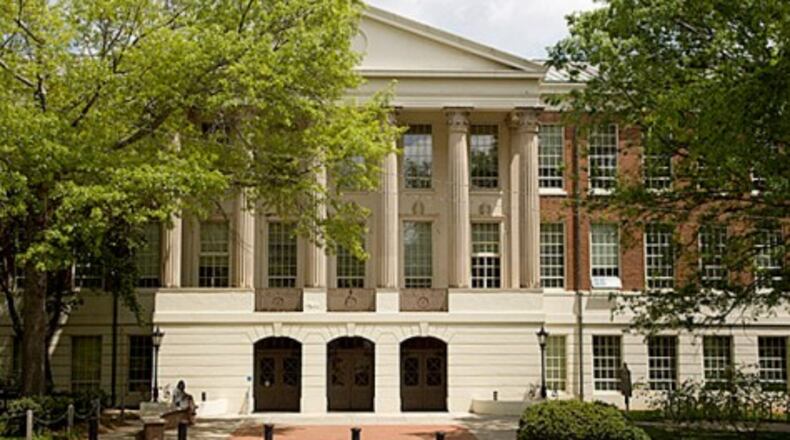As a ceremony was held to reinter the remains from 105 graves unexpectedly found on grounds of the University of Georgia, the school announced an ongoing effort to figure out who the people had been.
DNA analysis of some of the remains showed nearly all were African American, possibly slaves from the Athens area.
The removal of the remains and plan to rebury them at Oconee Hill Cemetary Monday caused some controversy, and African American leaders questioned their removal.
The remains were uncovered as the university expanded Baldwin Hall in 2015.
Following the discovery, the university consulted with the state archaeologist’s office, then commissioned a team of faculty and students to learn about the individuals who had been buried.
A second stage of university-sponsored research will be coordinated by UGA’s Vice President for Research David Lee. The continuing research will will build upon what they know now to understand better how the people lived and what their connections were to the Athens community, including any ties to slavery, a university spokesman announced.
President Jere W. Morehead said, “We hope this next step in the research process will lead to a more complete story of who these individuals were, how they lived, and how they came to rest on the Baldwin Hall site.”
About the Author
Keep Reading
The Latest
Featured


